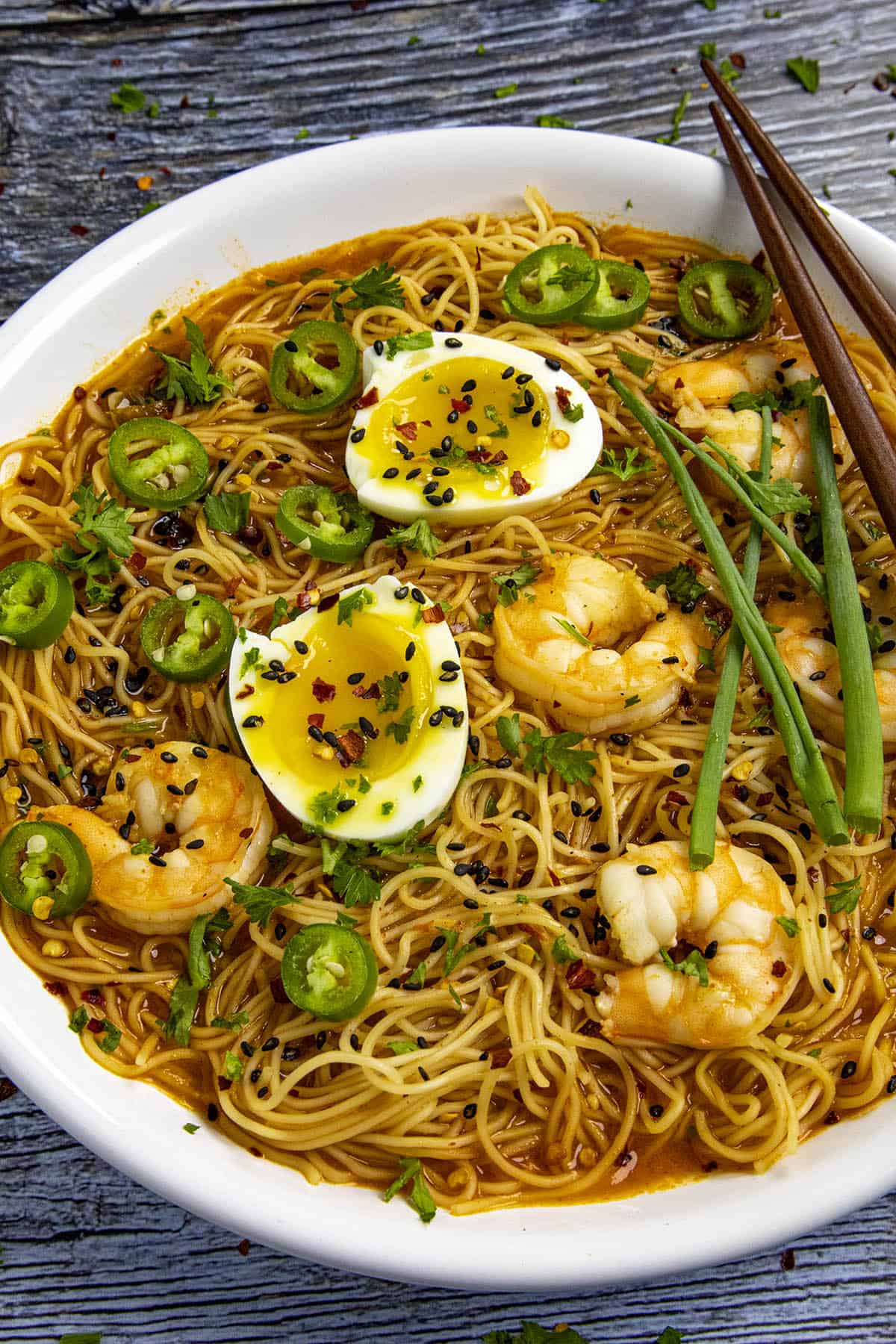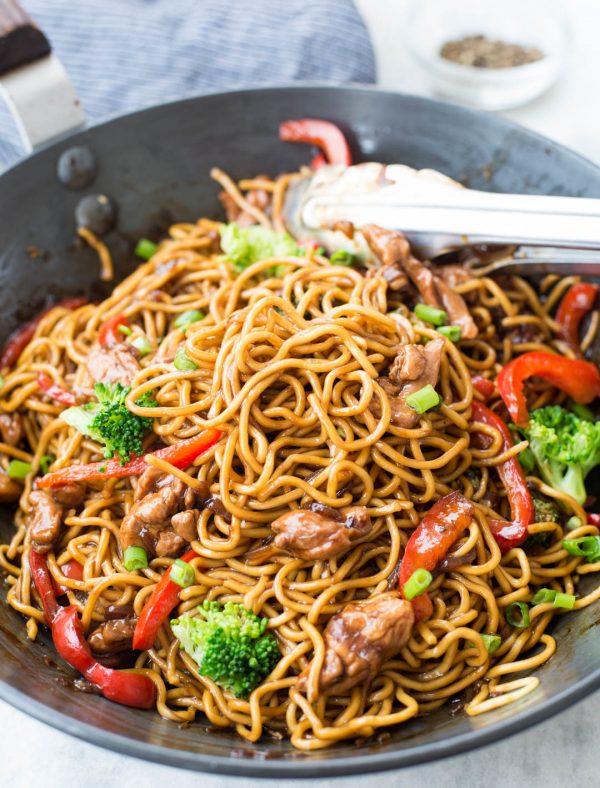If you're a fan of instant ramen noodles, you might have heard rumors about recalls affecting this beloved snack. But has ramen noodles been recalled? This article dives deep into the facts, separating myths from reality and ensuring you have all the information you need to make informed choices.
Instant ramen has become a staple in kitchens worldwide due to its affordability, convenience, and satisfying taste. However, with the rise of misinformation online, concerns about safety and recalls have surfaced. In this article, we aim to clarify these concerns and provide reliable data to help you stay informed.
Whether you're a student, a busy professional, or simply someone who loves a quick bowl of noodles, understanding the truth behind ramen recalls is essential. Let's explore the facts, address common questions, and ensure your favorite snack remains safe for consumption.
Read also:Michael Che Wife The Story Behind The Laughter
Table of Contents
- Background on Ramen Noodles
- History of Ramen Noodle Recalls
- Why Do Ramen Noodles Get Recalled?
- Recent Ramen Noodle Recalls
- Brands Affected by Recalls
- Health Concerns Surrounding Ramen
- Safety Tips When Consuming Ramen
- Consumer Responsibility in Ensuring Safety
- Regulations Governing Ramen Production
- Future Outlook for Ramen Noodles
Background on Ramen Noodles
Ramen noodles, originally from China, have become a global phenomenon, especially in their instant form. These noodles are typically made from wheat flour, salt, water, and kansui (an alkaline mineral water). The addition of flavor packets has made them even more popular, catering to diverse tastes.
However, as demand increases, so does the scrutiny on production processes and safety standards. This section explores the origins of ramen and how it has evolved into the instant version we know today.
How Ramen Became a Global Staple
The popularity of instant ramen soared after its invention in Japan in 1958 by Momofuku Ando. Today, billions of servings are consumed annually worldwide. Despite its widespread consumption, concerns about recalls and safety persist.
History of Ramen Noodle Recalls
Throughout its history, instant ramen has faced several recalls due to various reasons. These recalls have been documented by regulatory bodies to ensure consumer safety.
Key Recalls Over the Years
- In 2012, certain batches of Nissin Cup Noodles were recalled due to metal contamination.
- In 2015, Maruchan recalled products due to potential undercooking of ingredients.
- In 2020, several brands recalled ramen due to mislabeling of allergens.
Understanding the history of these recalls provides insight into the most common issues affecting the industry.
Why Do Ramen Noodles Get Recalled?
Ramen noodles can be recalled for several reasons, ranging from contamination to mislabeling. Below are the primary causes:
Read also:Alexis Maas A Rising Star In The Entertainment Industry
- Contamination: Presence of foreign objects such as metal or plastic.
- Mislabeling: Incorrect labeling of allergens or nutritional information.
- Undercooking: Failure to cook ingredients properly, leading to potential bacterial contamination.
- Chemical Concerns: Presence of harmful substances in packaging materials.
These issues highlight the importance of strict quality control measures in manufacturing.
Recent Ramen Noodle Recalls
In recent years, there have been notable recalls affecting popular ramen brands. For example:
2023 Recall Overview
A major recall occurred in early 2023 when a leading brand discovered potential contamination in certain batches. The company acted swiftly, issuing a voluntary recall and providing refunds to affected customers.
This section also explores how companies handle recalls and the steps they take to regain consumer trust.
Brands Affected by Recalls
Several well-known brands have experienced recalls over the years. Below is a list of some of the most affected brands:
- Nissin
- Maruchan
- Samyang
- Mitsukan
Each brand has responded differently to recalls, showcasing varying levels of transparency and accountability.
Health Concerns Surrounding Ramen
While recalls are a significant concern, there are also ongoing debates about the health implications of consuming instant ramen regularly. Below are some key health concerns:
Nutritional Value of Ramen
Instant ramen is often criticized for being high in sodium and low in essential nutrients. However, many brands have started offering healthier alternatives, such as low-sodium and whole-grain options.
Potential Long-Term Effects
Studies have linked excessive consumption of instant noodles to health issues such as obesity and cardiovascular problems. It's crucial to consume them in moderation as part of a balanced diet.
Safety Tips When Consuming Ramen
To ensure your safety when consuming ramen noodles, follow these tips:
- Check for recall notices on official websites or regulatory body announcements.
- Inspect packaging for any signs of tampering or damage.
- Read ingredient labels carefully, especially if you have allergies.
- Balance your ramen intake with healthier meals throughout the week.
By following these guidelines, you can enjoy your favorite noodles without compromising your health.
Consumer Responsibility in Ensuring Safety
Consumers play a vital role in maintaining food safety. Staying informed about recalls, checking labels, and reporting any issues to manufacturers are essential steps. This section emphasizes the importance of active participation in ensuring the safety of the products we consume.
How to Report a Problem
If you encounter a potential issue with your ramen noodles, contact the manufacturer directly or report it to relevant regulatory bodies such as the FDA or USDA.
Regulations Governing Ramen Production
Governments around the world impose strict regulations on food production to ensure safety. In the United States, the FDA oversees the safety of imported and domestically produced ramen noodles. Key regulations include:
- Good Manufacturing Practices (GMP)
- Food Safety Modernization Act (FSMA)
- Labeling requirements for allergens and nutritional information
Understanding these regulations helps consumers appreciate the efforts made to keep their food safe.
Future Outlook for Ramen Noodles
The future of ramen noodles looks promising, with companies investing in innovation and safety improvements. Advances in packaging technology and ingredient sourcing aim to address past concerns and enhance consumer confidence.
Innovations in Ramen Production
Some brands are experimenting with plant-based alternatives and eco-friendly packaging to cater to changing consumer preferences. These innovations reflect a commitment to sustainability and health.
Conclusion
In conclusion, while there have been instances where ramen noodles have been recalled, these events are relatively rare and typically handled responsibly by manufacturers. By staying informed, following safety guidelines, and consuming ramen in moderation, you can continue enjoying this beloved snack without worry.
We encourage you to share this article with others and leave your thoughts in the comments below. Have you ever experienced a recall involving ramen noodles? Let us know! And don't forget to explore more articles on our site for additional insights into food safety and nutrition.
Data and references for this article were sourced from reputable organizations such as the FDA, USDA, and independent food safety studies.


